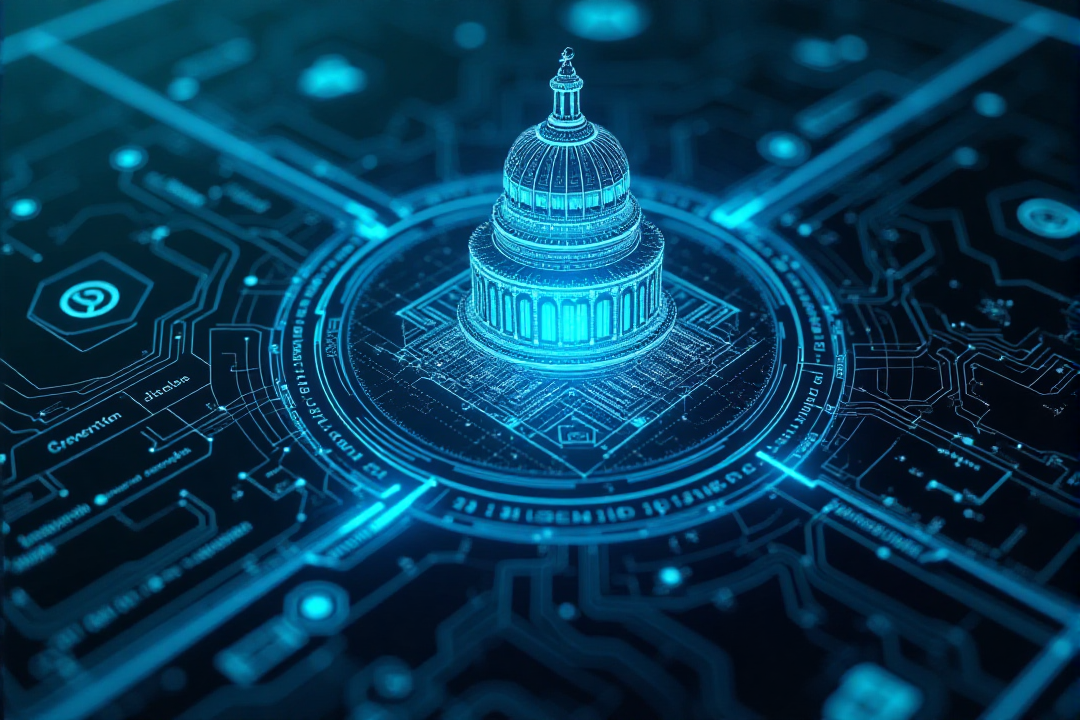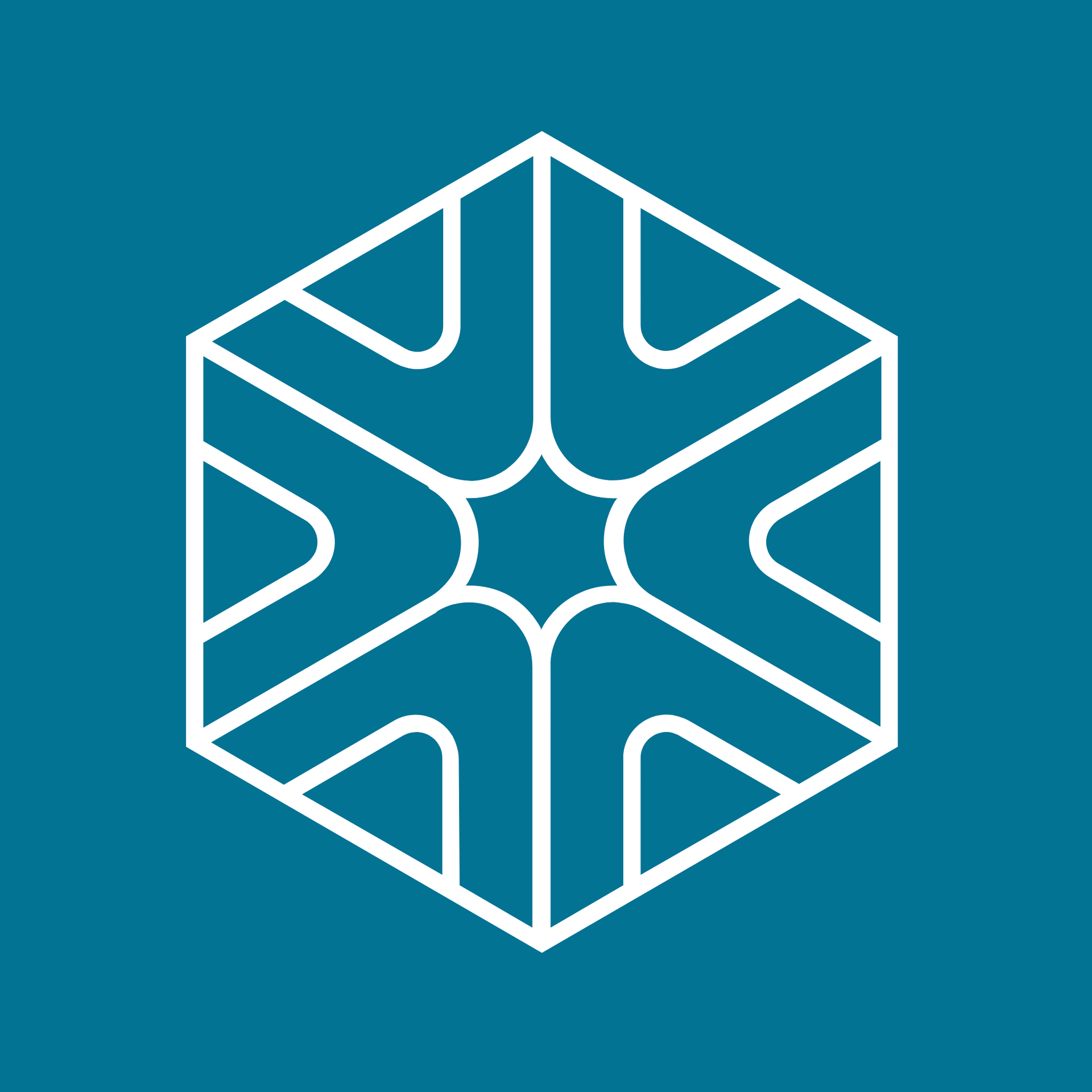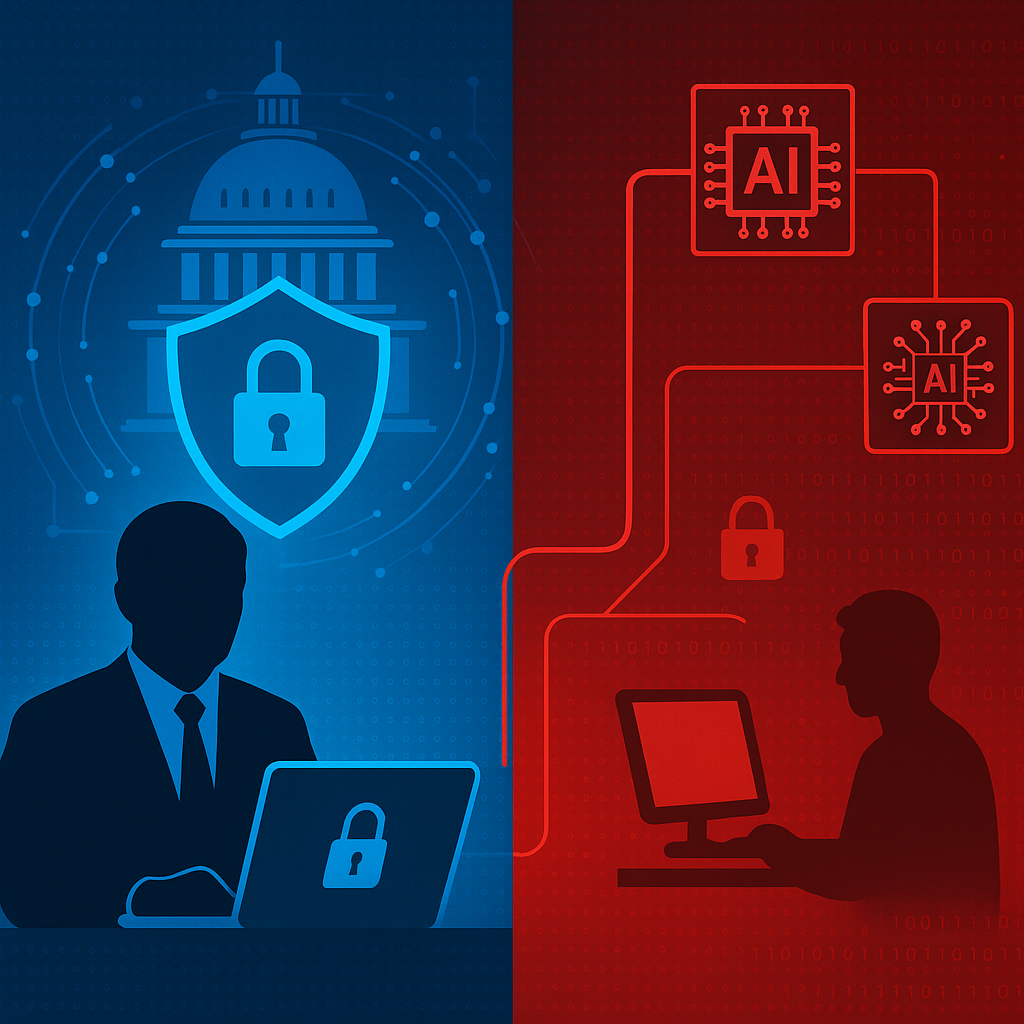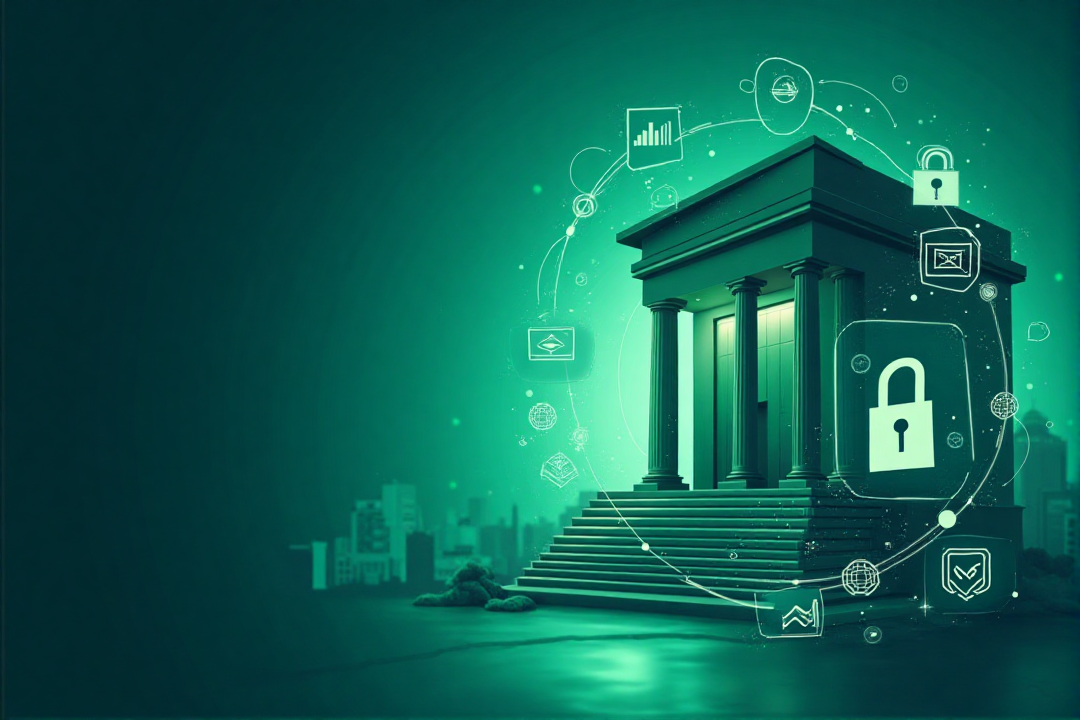How Universities Can Leverage VDI, MFA, and Data Enclaves to Safeguard Academic Integrity
Protecting research, student data, and coursework from evolving cyber threats and AI-driven risks
In today’s ever-evolving cybersecurity landscape, traditional VPNs have long been the frontline defense for securing remote access. Yet, in my experience, especially within the academic sphere, this approach no longer suffices. Universities and other educational institutions are facing a growing challenge: not only must they protect sensitive data, research, and student information, but they must also safeguard academic integrity in an era where AI-generated content is on the rise.
Over the past few years, I’ve witnessed first-hand how Virtual Desktop Infrastructure (VDI) and Multi-Factor Authentication (MFA) bolster security in ways that simple VPNs cannot. In this post, I’ll share why these technologies, along with robust data enclave strategies, are essential for modern educational institutions aiming to prevent academic dishonesty and ensure the integrity of their systems.
The Limitations of Traditional VPNs
VPNs have been the mainstay of remote access security for decades. They encrypt traffic and create a secure tunnel between a user and the institutional network, which is useful but only to an extent. As educational institutions expand their digital services, VPNs struggle to handle the complexity of modern threats. These threats are no longer limited to unauthorized access from outside. They also come from within, whether through human error or deliberate misuse.
In many cases, VPNs can be cumbersome and slow, prompting users to find workarounds (which I have been guilty of in the past) that expose vulnerabilities. For example, when researchers or students experience performance issues while using VPNs for remote access, they might bypass these controls, leaving their systems susceptible to breaches. It’s clear that a single line of defense isn’t enough anymore.
The Rise of VDI in the Academic Environment
Virtual Desktops offer an attractive alternative. With VDI, every user session is hosted centrally, and nothing is stored on the endpoint device. This model not only reduces the risk associated with lost or stolen laptops but also significantly improves control over the computing environment. By running virtual desktops in a controlled, cloud-based environment, institutions can ensure that every access point is secure.
In the education sector, where academic integrity is critical, VDI provides unparalleled advantages. It allows IT departments to set and enforce policies that restrict unauthorized access to coursework, exam materials, and sensitive research data. For example, using a VDI solution such as Tehama’s virtual desktops, universities can provision secure, consistent desktop environments where users can work without jeopardizing the institution’s data. This approach not only strengthens institutional security but also ensures that every interaction is monitored and governed by strict policy controls.
The Essential Role of MFA in Verification
Even the most robust desktop environments require a solid verification process to ensure only authorized users are granted access. This is where Multi-Factor Authentication (MFA) comes into play. MFA combines something the user knows, such as a password, with something the user has like a token or a smartphone and sometimes (though less common) something biometric. This layered approach makes it significantly harder for attackers to gain access, even if they compromise one factor.
In academic settings, where there is often a mix of on-campus and remote users, MFA plays a crucial role in verifying identity. As the lines between personal and institutional devices blur, ensuring that every login request is thoroughly authenticated is non-negotiable. By integrating MFA into your VDI solution, you create a digital environment where even if credentials are stolen or, worse, generated by AI access is still rigorously controlled.
Leveraging Data Enclaves to Preserve Academic Integrity
Academic integrity has always been a cornerstone of higher education, but the rise of AI-generated content has introduced new challenges. Universities are now facing an urgent need to ensure that students submit original work and that assessments remain fair and credible. This is where data enclaves (secure isolated digital environments) can play a crucial role in preventing academic dishonesty.
By implementing AI governance within data enclaves, institutions can create controlled spaces where students complete assignments, write papers, and take exams without unauthorized AI assistance. These enclaves function as restricted digital workspaces, cutting off access to external AI tools that could generate essays or solve problems on behalf of students.
For example, a university could require students to complete written assignments within a secure virtual desktop environment, ensuring that all work is done in real-time without access to AI-powered writing assistants. Similarly, exams could be conducted within monitored data enclaves, where students are restricted from using AI-driven search engines or unauthorized collaboration tools.
Beyond restricting access, data enclaves also provide real-time monitoring and auditing, allowing institutions to track activity within these environments. If a student attempts to bypass security measures or access AI-generated content, the system can flag the behavior for review. This proactive approach ensures that academic integrity is upheld while still allowing students to use technology responsibly within approved parameters.
A Real-World Example: Integrating Tehama Technologies
One particular solution that has caught my eye is from Tehama Technologies. Their integrated platform not only provides cloud-based VDI solutions but also embeds AI governance and robust security controls tailored for public and educational institutions. For instance, Tehama Technologies offer secure virtual desktops with built-in AI governance, allowing universities to enforce strict policies while maintaining flexibility for legitimate academic research. By integrating these technologies, institutions can create a structured, ethical framework that balances innovation with integrity ensuring that students develop their skills authentically without relying on AI shortcuts.
As AI continues to evolve, universities must adapt by implementing secure, governed environments that protect the credibility of academic achievements. Data enclaves, combined with AI governance and virtual desktops, provide a future-proof solution to maintaining academic integrity in an increasingly digital world.
Additionally, by leveraging Tehama’s secure VDI, universities can rapidly deploy virtual desktops equipped with MFA, ensuring that every access is verified, and that data is governed in real time. This comprehensive approach means the institution can enforce restrictions, monitor for unauthorized activity, and quickly respond to potential breaches all of which are crucial for maintaining academic integrity in today’s digital age.
To learn more about how solutions like Tehama’s can transform the security and operational efficiency of educational IT environments, you might want to explore their virtual desktop solution and see firsthand how integrating cutting-edge security can make all the difference.
Conclusion: Safeguarding Academic Integrity in the AI Era
As universities continue to adapt to evolving digital landscapes, maintaining academic integrity has never been more critical. Traditional security models like VPNs are no longer enough to protect research, student data, and coursework from cyber threats or AI-driven academic dishonesty.
By implementing Virtual Desktop Infrastructure (VDI), Multi-Factor Authentication (MFA), and secure Data Enclaves, institutions can create controlled, monitored environments where students complete their work authentically, free from unauthorized AI interference. With AI governance, universities can establish clear restrictions and safeguards, ensuring that papers are written by students not generated elsewhere. Exams conducted within these secure digital spaces prevent unauthorized assistance, reinforcing a culture of integrity while leveraging technology responsibly.
Solutions like Tehama Technologies provide a future-proof framework for universities looking to protect their academic reputation, enforce ethical standards, and mitigate risks associated with AI-generated work. As cyber threats continue to evolve, educational institutions must embrace proactive security measures not only to protect their systems but to uphold the fundamental values of learning and academic integrity.
Academic integrity is the foundation of a trusted education system. Universities that leverage secure digital environments today will set the standard for responsible technology use and ethical learning in the future.
If your university is looking to implement secure virtual desktops and AI governance to strengthen academic integrity, I’d be happy to help. As an independent representative for Tehama Technologies, I can provide insights into how their solutions can support your institution’s cybersecurity strategy. Feel free to reach out for more details!
For more insights on digital transformation in regulated industries, follow my latest posts on The Deady Group or contact us for more information.
Share on Socials









